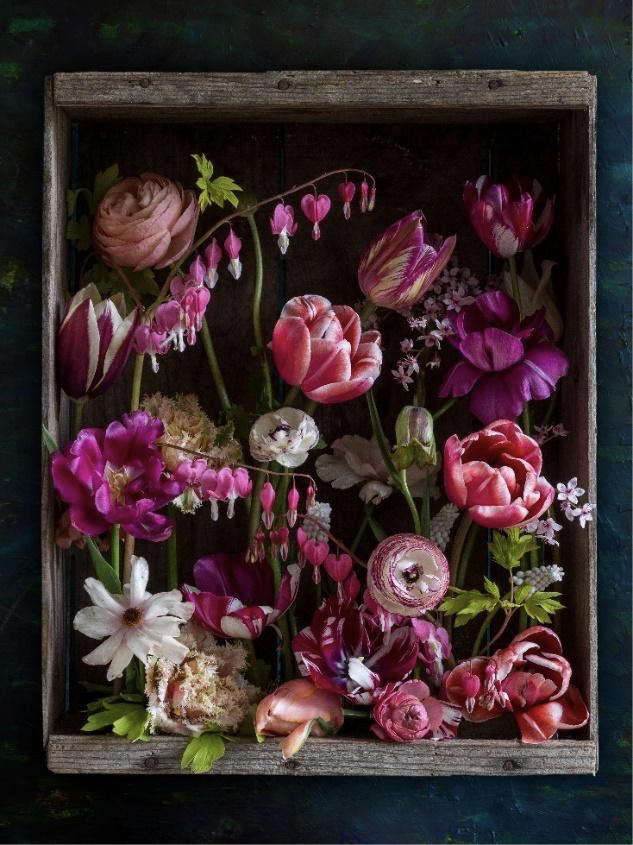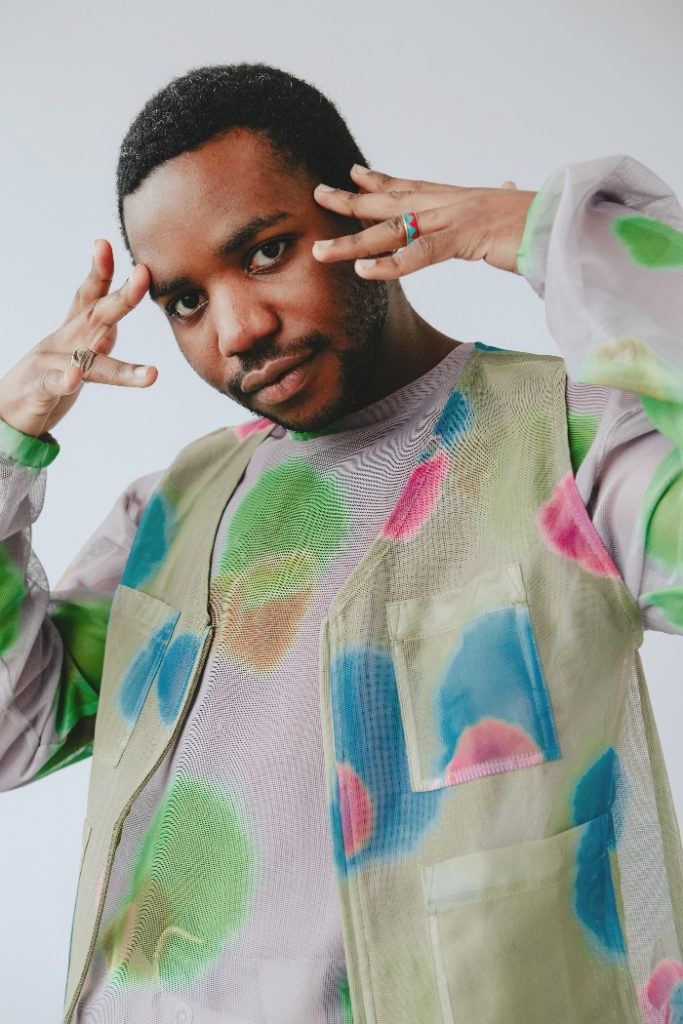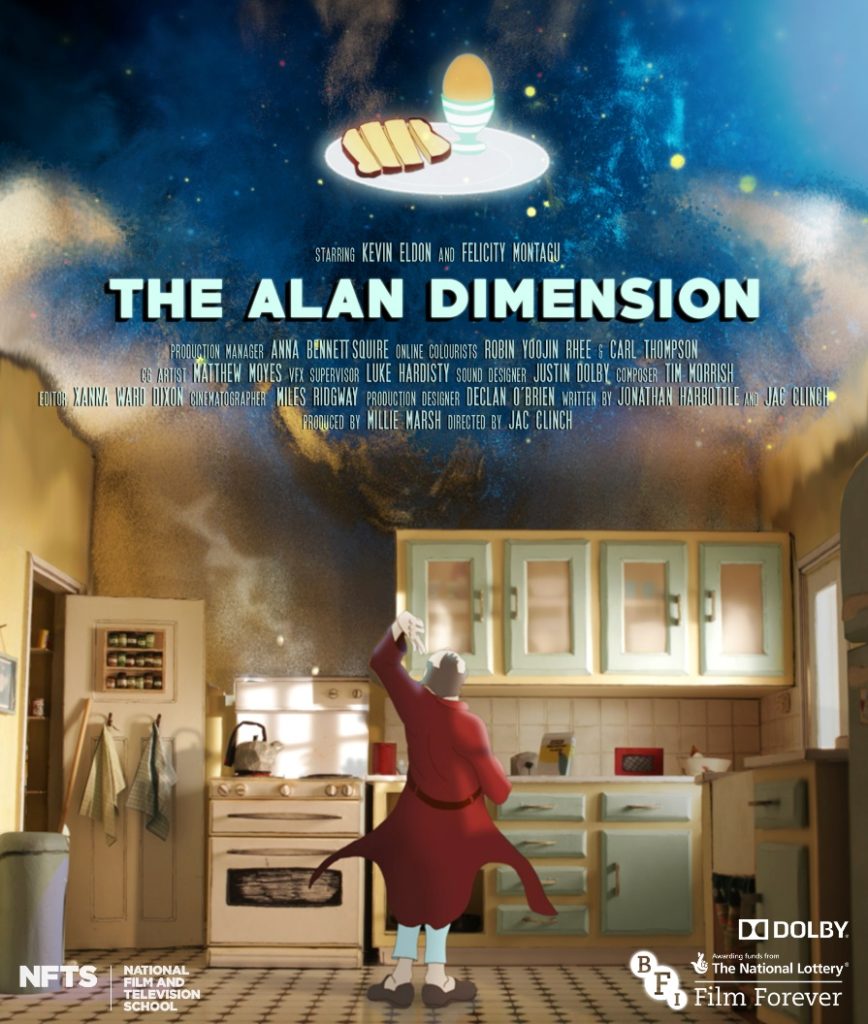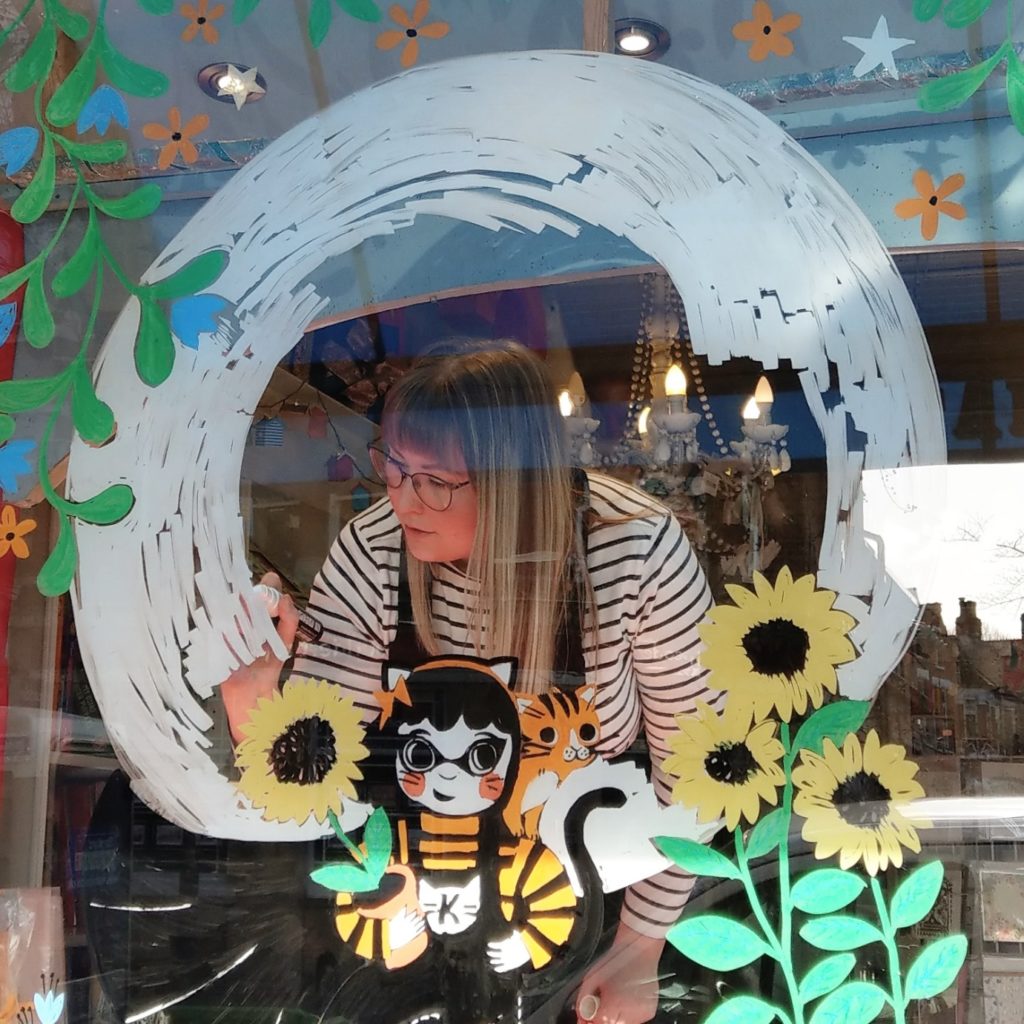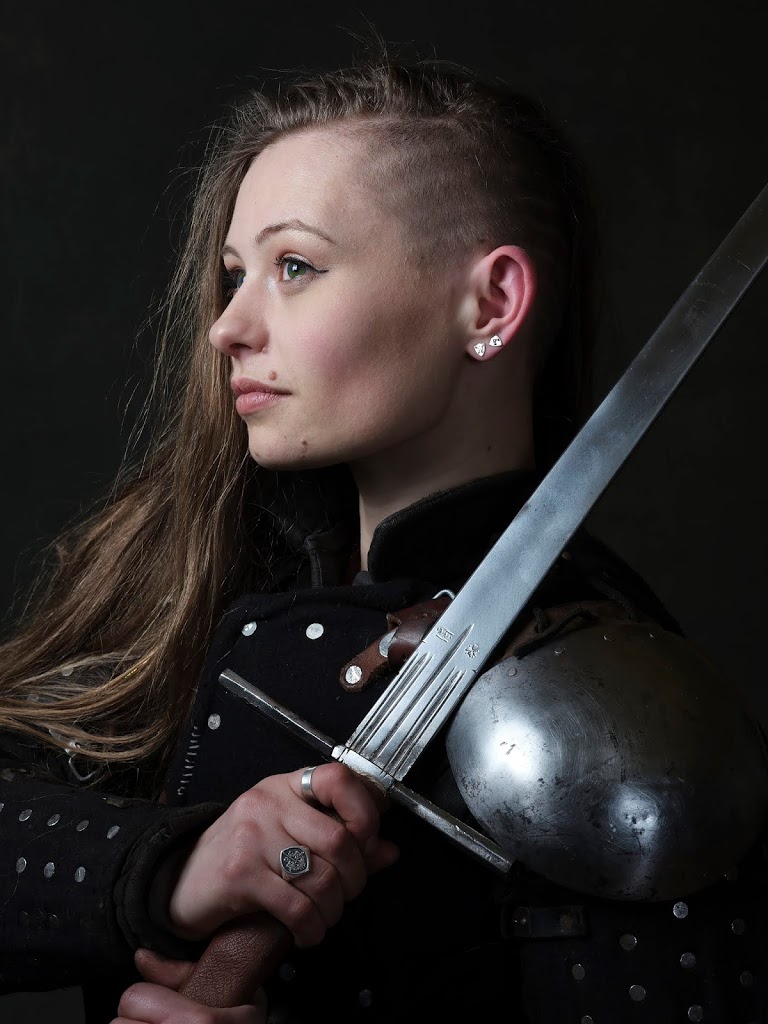David Uzochukwu is a self-taught, 18-year-old photographer based between Paris and Brussels. In recent years, he has progressed from self-portraiture to major collaborations shooting FKA Twigs for Nike as well as a series for Adobe Photoshop. Whilst shooting for publications such as Hunger Magazine, Dazed Digital, Wonderland Magazine and Vogue, David has always managed to preserve his creative integrity and strong narrative vision, especially across the fine art photography you’ll find in his portfolio. Every image has a dreaminess, but also a directness achieved by playing with colour and texture in post-production. Using the internet, he was not only able to teach himself how to use the equipment, but to connect with other artists, and now all his friends are photographers.
The Austrian-born Luxembourger with Nigerian roots grew up in Brussels and since childhood David has been documenting everything around him, taking advantage of the diversity of his surrounding landscapes. His evocative self-portrait series on racism also shows the young innovator’s ability to approach challenging subject matter. David has already exhibited in group shows from Tokyo, to Athens as well as Lagos and New York with highlights including Lagos Photo Festival, Milk Studios and the Yale School of Art. He is inspired by artists that “construct their own universe,” such as Gregory Crewdson and Wangechi Mutu. Follow him @daviduzochukwu to follow his progress, there are starry skies ahead.
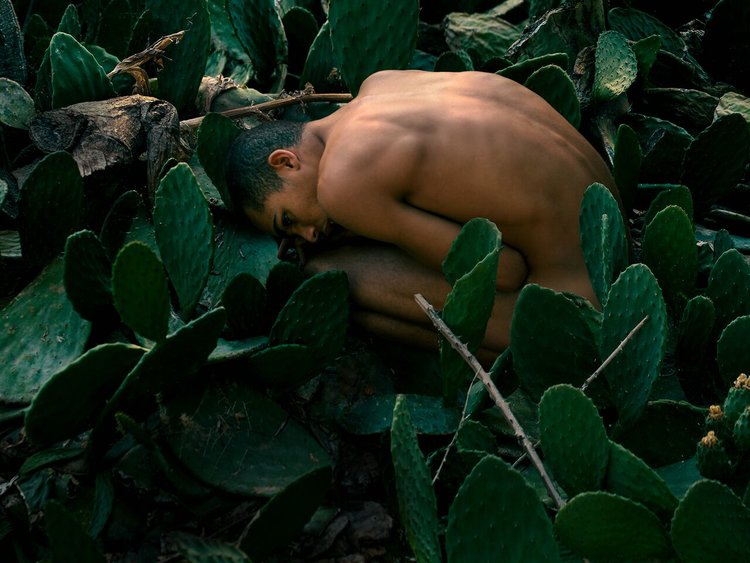
Was there a pivotal moment when you decided to be a photographer?
Not a conscious one – once I’d picked up a camera for fun, I just had to keep making pictures for my own well-being.
Can you tell us about the process of making your work?
I sketch out an idea, then pull my materials together and go out on location to shoot for one or two hours. I’ll select an image (on my way home), and do my post production over the course of a few days. Concepts grow into something else while shooting, things come together differently in post production, sometimes I put the file in some folder and can’t finish it for the next two years. It’s a super organic process.
Why have you chosen to focus on the human form as your primary subject?
The more I discovered how complex and beautiful humans can be, the more I wanted to photograph them – but mostly removed from daily life. I don’t like clutter.
Are you able to move freely between art and fashion? If so, how?
I only really care about work that has a certain aspect of wonder. I don’t want to make a distinction between a fashion image and personal work, but approach everything the same way, trying to find something that feels familiar. That’s what I’m in it for!

What project or photograph thus far would you like to be remembered for?
The thought to be remembered for work I’ve already made is honestly terrifying.
Do you feel that your young age (18) as an advantage or disadvantage?
I think I’m lucky to have found something I’m passionate about. It’s already so interesting to me to see how different my work as a thirteen year old is from the work I made as a sixteen year old to what I do now.
How would you define beauty in 140 characters or less?
A resonation with the purest part of you.
Do you have a favourite photograph or series, which inspires you?
There are quite a few photographers that I deeply admire. First one I thought of – Lexi Mire’s self portraits have always made me feel like I have a soul.
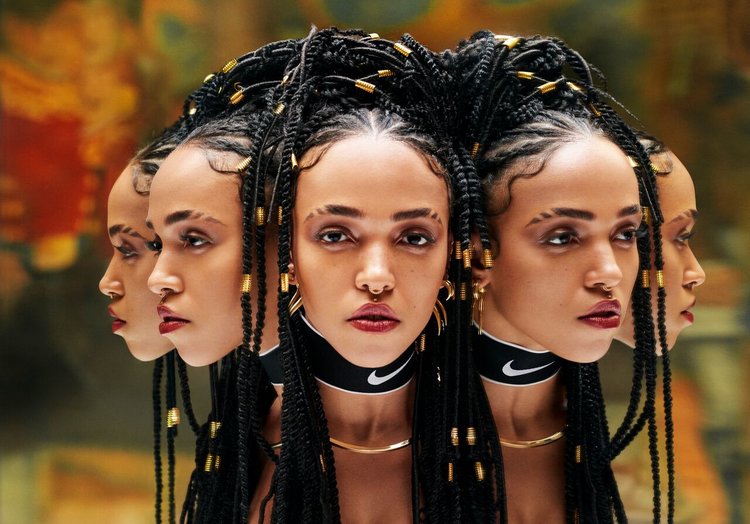
Which photographer of the past or present would you most like to collaborate with?
Tim Walker.
Does your multi-national heritage impact your work?
I’m very conscious of what it means to be different, and enjoy making work that reflects and owns that.
How/do you maintain creative freedom within your commercial projects?
When taking on a project, I need to know why I take it on. What you put out, you attract, I refuse (or keep very quiet about) projects where I don’t feel the match. Hey, as soon as there’s money it’s politics, compromises to be made. I don’t yet know what my advice on this is. Don’t let them pay you.
What is your greatest indulgence in life?
As in pleasure? Finishing a piece / impromptu dance sessions / moments in which my emotional landscape is aligned with the weather.
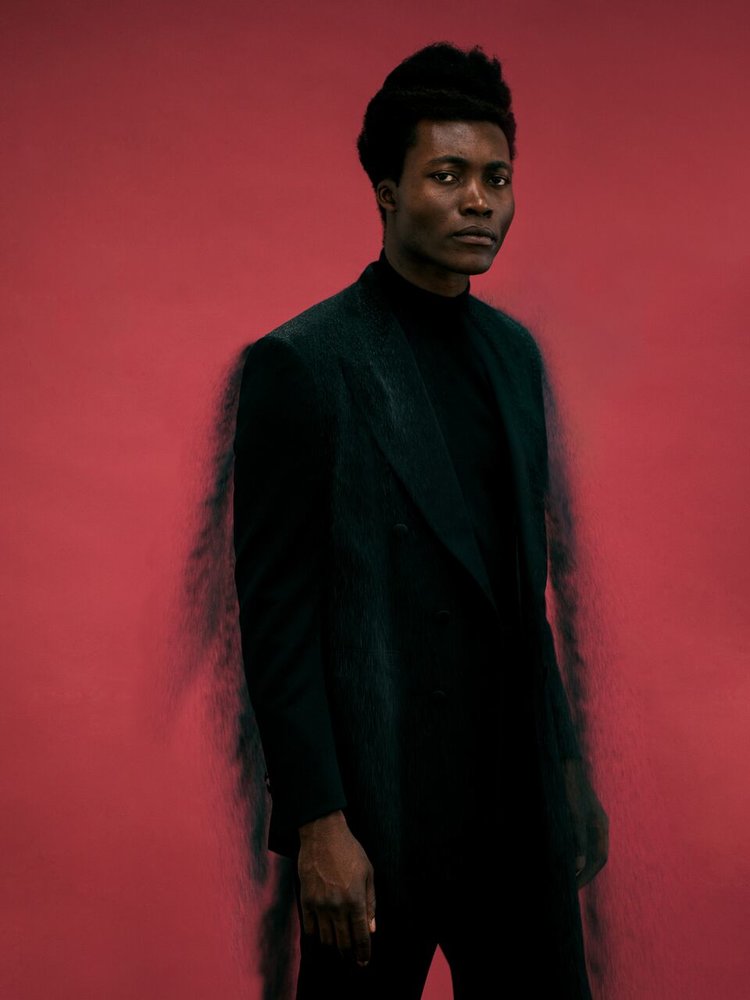
Has social media had a positive impact on your career?
There would be no career to speak of without it. It definitely also comes with its own risks, but it’s incredible what kind of opportunities can arise from being able to share your work, from being able to find people that are on the same wavelength.
What do you wish every child were taught?
To not be afraid of being vulnerable. I’m always fascinated by the strength that lies within honesty and openness.
What is your favourite art gallery or space in Brussels and why?
I haven’t found a specific art space that really resonates with me here! I just go wherever something good is on.
Do you work within a community or independently?
Usually by myself. I regularly get together with a handful of other photographers though, to learn from one another, eat together, dance in the rain – that’s where I make a lot of my personal work.
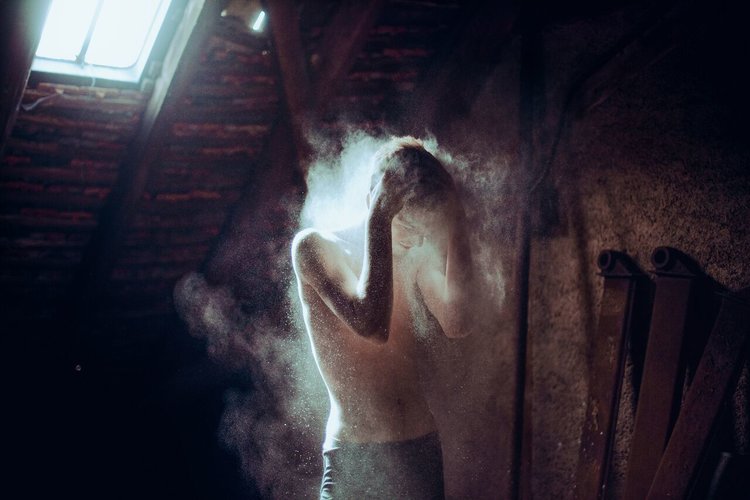
Do you make and receive studio visits? What impact do they have?
I don’t have a studio. I make my work on my rooftop and in public parks, or on the road. I’ve never been to someone’s personal studio, I imagine that to be a bit like walking into someone else’s mind.
What elements of contemporary culture do you reference in your work?
I try to keep my work a bit timeless. I mean they are very pop, sometimes surreal with a colorful coating, occasionally I include fashion, and I as the creator am irrevocably shaped by contemporary culture, but for me it’s an escape from day to day life.
What is your daily routine (or what rituals do you have) when working?
My schedule is super irregular. I’ll get up early to shoot, retouch all day long, or organize future projects. Sometimes I’ll spend time preparing a project with my agency, then mess up my sleep schedule entirely in the course of a few adrenaline filled days of shooting.
What advice would you give a photographer following in your steps?
Make a lot of work, make it for you. When you have a good connection with someone else – cherish it. And finally.

Do you love what you do?
Nothing is in balance and I am not at ease when I’m not creating. I wholeheartedly do.
Written by Flora Alexandra Ogilvy, founder of Arteviste.


